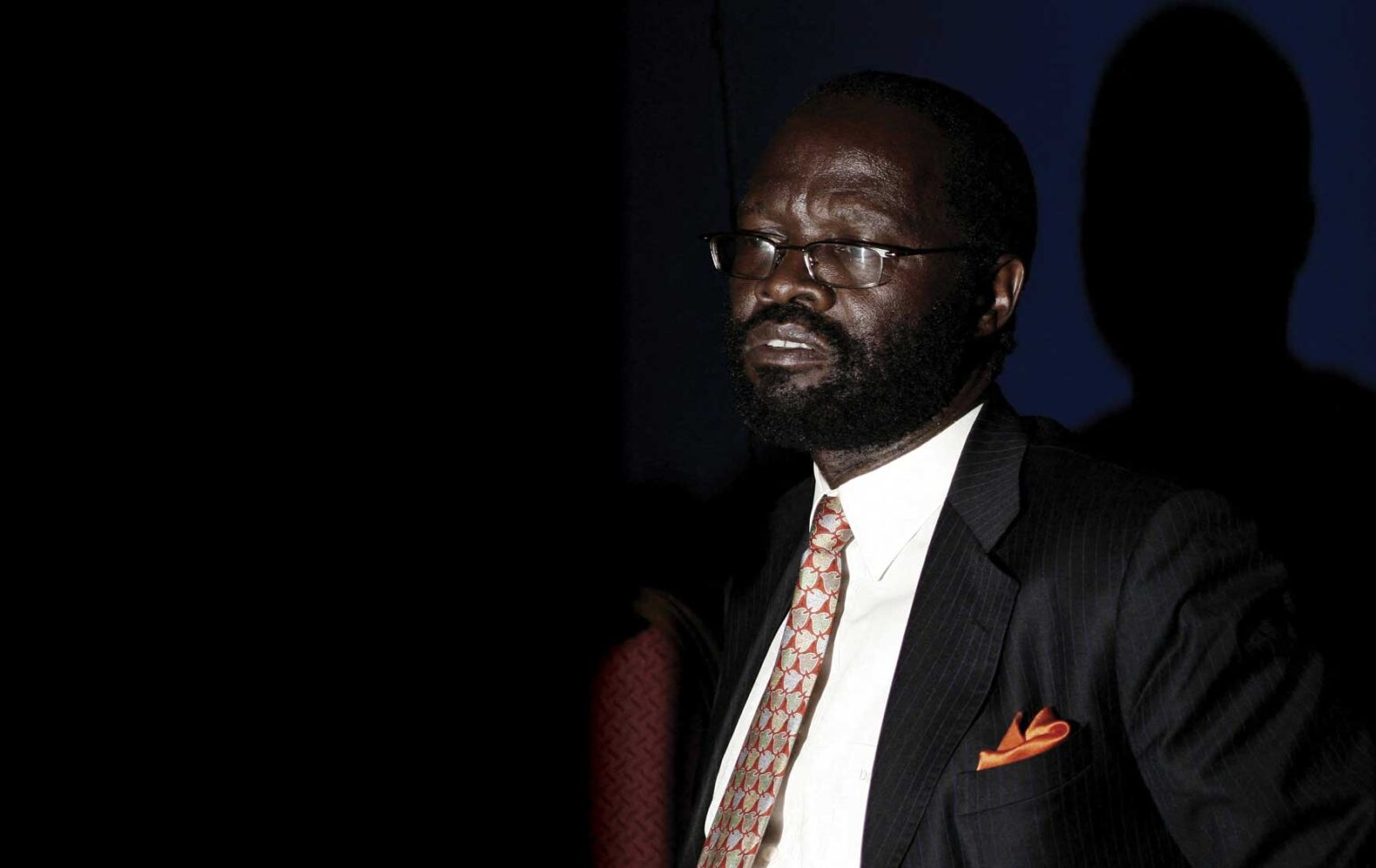Peter Anyang’ Nyong’o, the governor of Kenya’s Kisumu County, has set several priorities as part of a sustainable development plan for Kisumu: to reduce informal settlements, create employment opportunities, improve infrastructure, promote public housing, and implement climate resilience measures.
He was working to reduce the growth of informal settlements, he told Africa in Fact in an exclusive interview. “Unemployment… We must encourage investment to create employment opportunities, especially for the youth, and infrastructure, improving physical infrastructure (water, sanitation, electricity, roads, and housing) to facilitate the movement of goods and service delivery.”
Kisumu, a port city on Lake Victoria, with a population of just over 600,000 people, is the capital of Kisumu County and Kenya’s third-largest city. The governor describes it as “a cosmopolitan city growing on a platform of sustainable development, driven by viable economic opportunities, environmental sustainability, and social inclusion.”
Nyong’o is serving his second term as governor for Kisumu County after Kenya’s 2022 general election. He was first elected governor of Kisumu in 2017, but before that, he served as the senator of Kisumu County (2013-2017) and the MP for Kisumu Rural Constituency (1992-1997; 2002-2007; 2007-2012). He also served as Kenya’s Minister for Planning and National Development (2003-05) and Minister for Medical Services (2008-2013) in the national government. Nyuong’o is also a member of the advisory group to the United Nations Secretary-General on local and regional governments.
He told Africa in Fact, “Kisumu city generates over 70% of the gross county product, and its governance under my leadership is designed to make it an engine of economic growth to generate prosperity for its people.”
Nyong’o has led several initiatives in recent years to raise funding for the plans, programmes, and essential services that Kisumu requires. These initiatives are part of a broader mission to transform African metropoles into planned cities with an integrated network of urban infrastructure, transport systems, and green spaces, emphasising sustainability.
“The city continues to host continent-wide conversations with diverse partnerships through seminars, workshops, and conferences,” Nyong’o said. “In 2021, Kenya hosted the inaugural Kisumu International Investment Summit and Expo (KIISE 21). This was followed by the biannual Africities gathering in 2022, hosted in partnership with the United Cities and Local Governments of Africa (UCLG-A) and the African Business Council. In 2024, the city hosted the African Sub-Sovereign Network (AFSNET), partnering with Afreximbank to showcase investment opportunities for public impact, bilateral and multilateral organisations, and private sector investors.”
Asked about the problem of slums, Nyong’o said public housing was the solution. “The government must invest in public housing. This is what happened immediately after independence. If housing is left to the private sector, the poor, attracted by rapid urbanisation, will be forced to dwell in slums. That is what they can afford.”
To provide adequate human settlement, he said the policy direction was, “to partner with investors who, apart from seeking a return on investments, also want to make an impact on society through regenerative financing. This is where their investment strategies/portfolios incorporate the environment, social, and governance (ESG) principles in a meaningful way and not as an afterthought.”
On the impact of climate change, Nyong’o pointed to the county’s Integrated Climate Change Action Plan 2022-27, which includes promoting the adoption of improved and clean cooking solutions. To this end, 600 vulnerable households had already been given cooking stoves to reduce indoor pollution, Nyong’o said.
Other measures included upgrading country roads, building wastewater treatment plants, strengthening early warning systems, conserving water supply, establishing climate-induced disease surveillance, and improving healthcare for climate emergencies. “Evacuation centres are being built to support flood-affected communities,” Nyong’o said.

Raphael Obonyo is a public policy analyst. He’s served as a consultant with the UN Department of Economic and Social Affairs (UNDESA). An alumnus of Duke University, he has authored and co-authored numerous books, including Conversations about the Youth in Kenya (2015). He is a TEDx fellow and has won various awards.



